Publications
Publications are our scientific research output accepted for publication after passing through a recognized peer-review process.
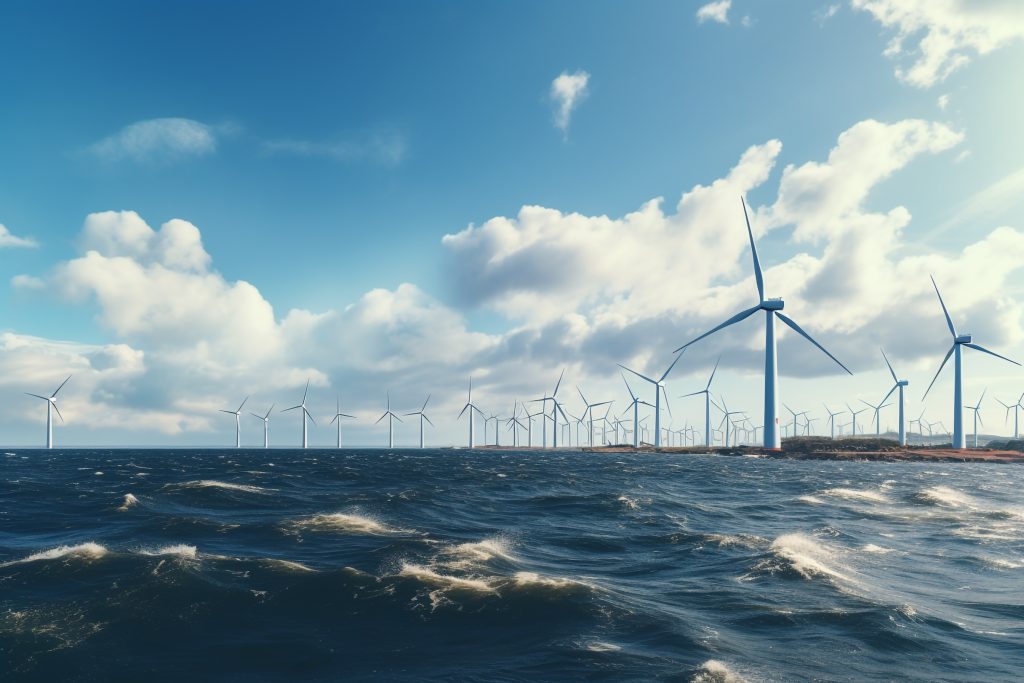
Design and Liability Challenges in Offshore Wind Farms: the case of MT Højgaard A/S v E. ON Climate & Renewables UK Robin Rigg East Limited and another.
Introduction This case is a dispute referring to the liability of a contractor in charge of the design and construction for wind turbine structures of two wind farms in Scotland. These structures collapsed, and the contractor identified the source of failure. The contractor proposed remedial actions, and both parties agreed to implement them. However, a … Continued

Análise Do Processo C-278/21 Da Segunda Secção Do Tribunal De Justiça Da União Europeia (AquaPri)
Introdução O conflito sub judice que dá origem ao presente acórdão da segunda secção do Tribunal de Justiça da União Europeia[1] (doravante TJUE) tem como ponto de partida um reenvio prejudicial a pedido de um tribunal dinamarquês que questionava a aplicação do Artigo 6(3) da Diretiva 92/43/EC. Estava em causa uma exploração piscícola pertencente à … Continued

Justiciability of Climate Change Legislation: Case Study of KlimaSeniorinnen v. Switzerland
The enforceability of climate change targets on states is a particularly pressing topic right now. Despite virtually all states agreeing and signing various global cooperation pacts and passing national legislation regarding them, it is a very heated legal conversation, especially given the urgent nature of the issue, whether individuals can hold their states accountable when … Continued

AquaPri (2023): Conservation of natural habitats and of wild fauna and flora (Natura 2000) and activity of fish farming
Introduction The CJEU has a consistent engagement with Article 6 of the Council Directive 93/43/EEC of 21 May 1992 on the conservation of natural habitats and of wild fauna and flora[1] (the Habitats Directive), as amended, highlighting its enduring importance in preserving Europe’s biodiversity. There are challenges faced by national authorities in enforcing the directive, … Continued

May national courts assess the proportionality of the termination penalty fees of contracts between energy suppliers and SMEs? For the CJEU, the answer is yes. Case C-371/22 G Frais de résiliation anticipée
Introduction: factual and legal background The case concerns a dispute between G, a small-medium enterprise (SME thereon), and the electricity supplier W, located in Poland. On 23 February 2015, the parties concluded an electricity supply agreement at the retail level with a fixed price and an expiration date in December 2016. The parties also agreed … Continued
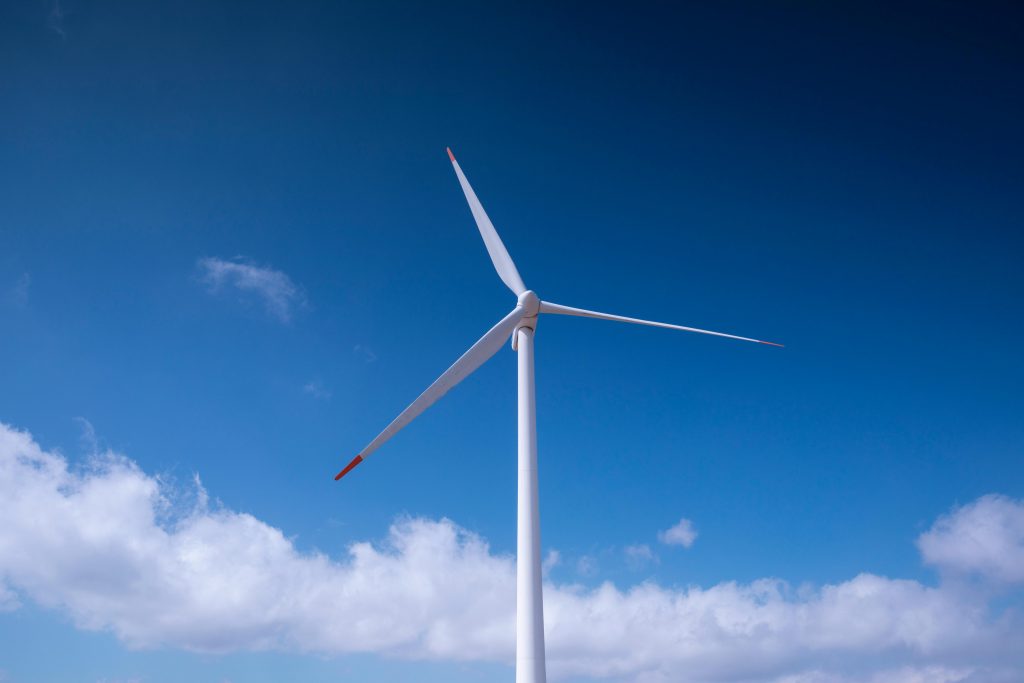
Mandatory Purchase of Green Certificates on Importers from Italian Renewable Energy Producers as Compatible with EU Law: RED II, State Aid and Freedoms. Judgment in Case C-558/22 Fallimento Esperia and GSE
Introduction In the Judgment in Case C-558/22 Fallimento Esperia and GSE on 7 March 2024, the Court of Justice revisited the landmark cases Essent Belgium (Judgment of 29 September 2016, C‑492/14, EU:C:2016:732, and Judgement 11 September 2014, C-204/12, EU:C:2014:2192) concerning the compatibility of national laws imposing support schemes favoring national renewable energy production. Particularly in this case, … Continued

Refining Reflexive Environmental Law by Nature and Nurture: Autonomy, Accountability, and Adjustability
Reflexive environmental law (REL) facilitates exploration of how legal frameworks foster the capacity for private companies to engage in reflexivity. This reflexivity aids in avoiding entrenchment and promotes learning and self-organization to tackle intricate sustainability issues. To date, REL theory has overlooked conventional command-and-control regulations within the realm of REL, constraining its ability to comprehend … Continued

EU Contract Case Law, July–December 2023
The article EU Contract Case Law, July–December 2023, published on the European Review of Contract Law offers a comprehensive review of key cases adjudicated by the Court of Justice of the European Union pertaining to contract law. It focuses on the period spanning from July 2023 to December 2023. Among the 220 judgments rendered during … Continued

Case T-883/16 Republic of Poland v. European Commission: the principle of energy solidarity
Introduction This paper delves into the principle of energy solidarity and the decision of the General Court that brought this principle to the European Union’s energy policy. By examining Article 194 of the Treaty on the Functioning of the European Union (‘TFEU’), the discussion highlights how energy solidarity has become an essential pillar for ensuring … Continued
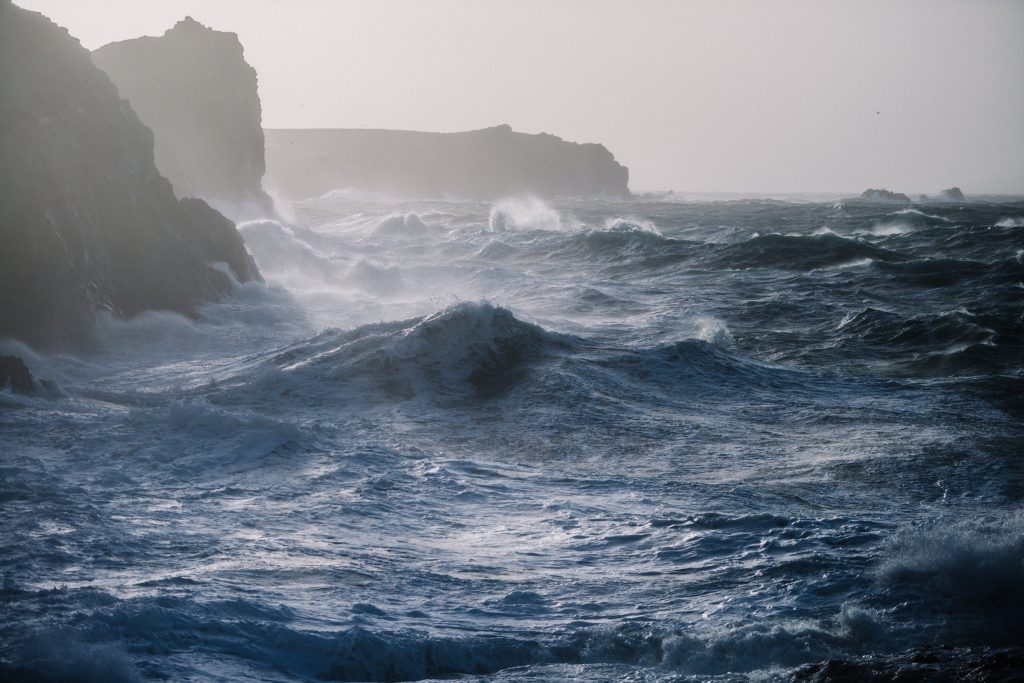
The Norwegian Supreme Court rules on its first “climate case”: an analysis of People v. Arctic Oil and possible future developments at the European Court of Human Rights
In 2020, the Norwegian Supreme Court ruled on its first legal case regarding the climate, failing to address the full extent of the situation and ending up complying with the modus operandi and status quo of politics surrounding petroleum deposits exploration. However, the Court also set out an important precedent by making statements that have the potential to affect … Continued
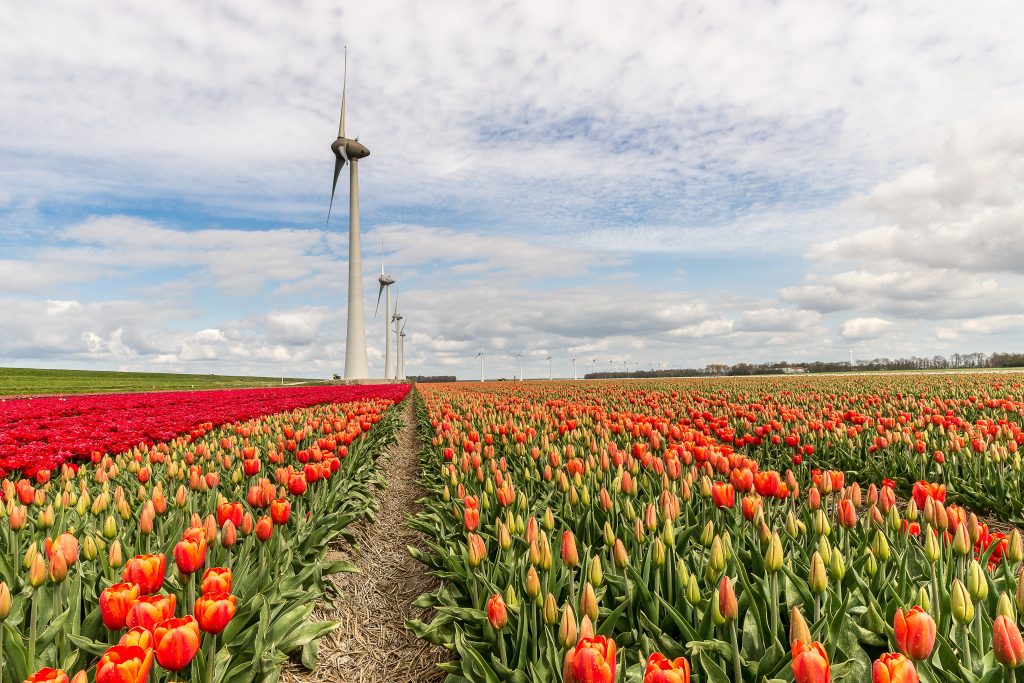
Analysis of the ECJ Decision (C-17/03) on VEMW and Others
Introduction In 2000, the undertakings Vereniging voor Energie, Milieu en Water (hereinafter referred to as ‘VEMW’),Amsterdam Power Exchange Spotmarket BV and Eneco NV lodged an appeal, with the College van Beroep voor het bedrijsleven, the Administrative Court for Trade and Industry in the Netherlands or ‘the College’, against a controversial decision made by the Directeur … Continued

Consumers and the green transition between saying and doing: promising consumer empowerment while restricting consumers´choices is dangerous
On the 19th December, our Coordinator, Professor Lucila de Almeida, along with Professor Fabrizio Esposito published an engaging article on the Yearbook of European Law, entitled “Consumers and the green transition between saying and doing: promising consumer empowerment while restricting consumers’ choices is dangerous”. The article is available online and the abstract can be read … Continued
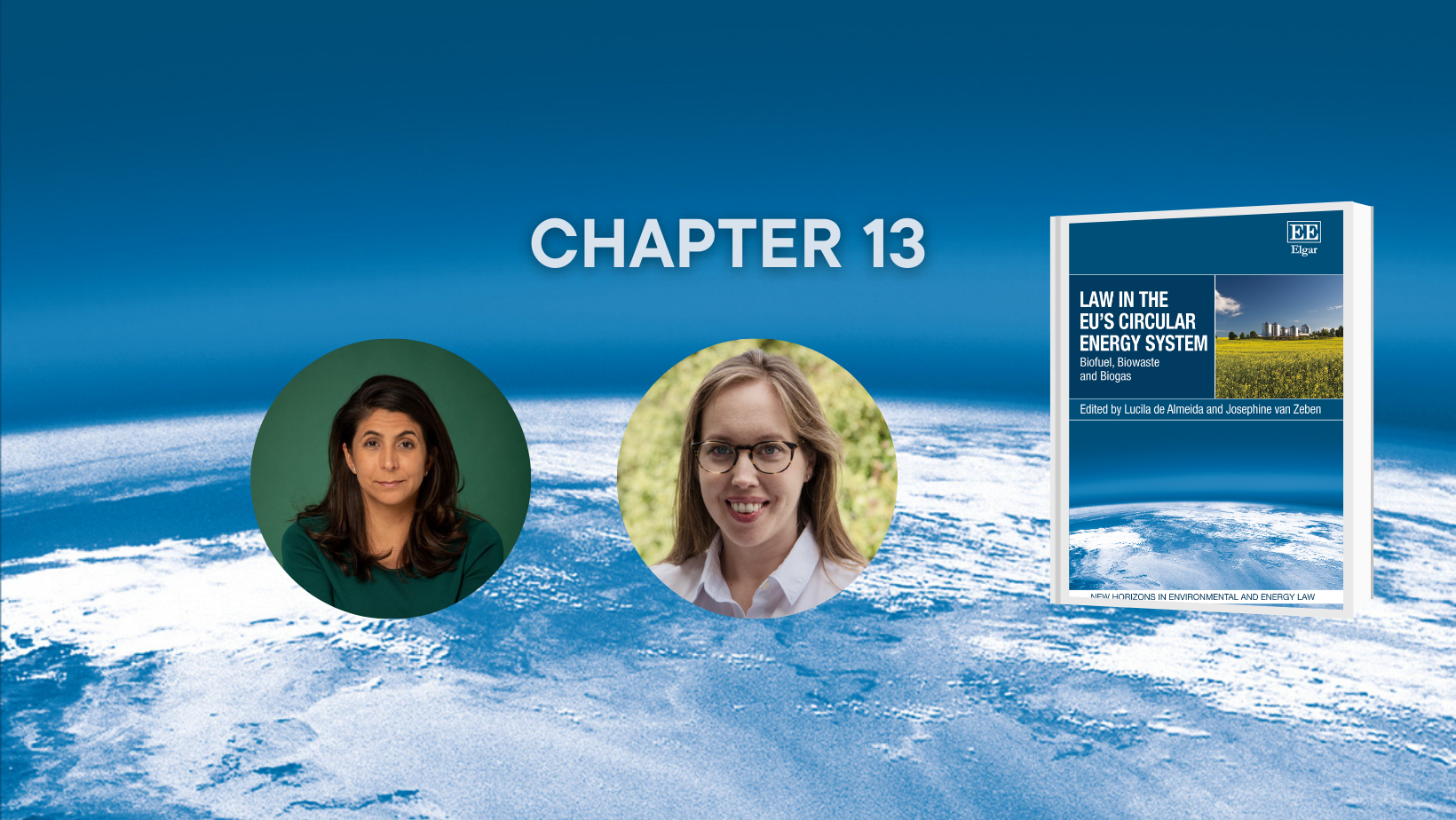
Chapter 13. The (in)coherence–(in)effectiveness nexus of the EU´s circular energy system
The 13th and last Chapter of the edited book ‘Law in the EU’s Circular Energy System: Biofuel, Biowaste and Biogas‘, addresses several topics from the transition towards a circular energy system to he (in)coherence–(in)effectiveness nexus of the EU’s circular energy system. Lucila de Almeida and Josephine van Zeben, with the title ‘The (in)coherence–(in)effectiveness nexus of the … Continued
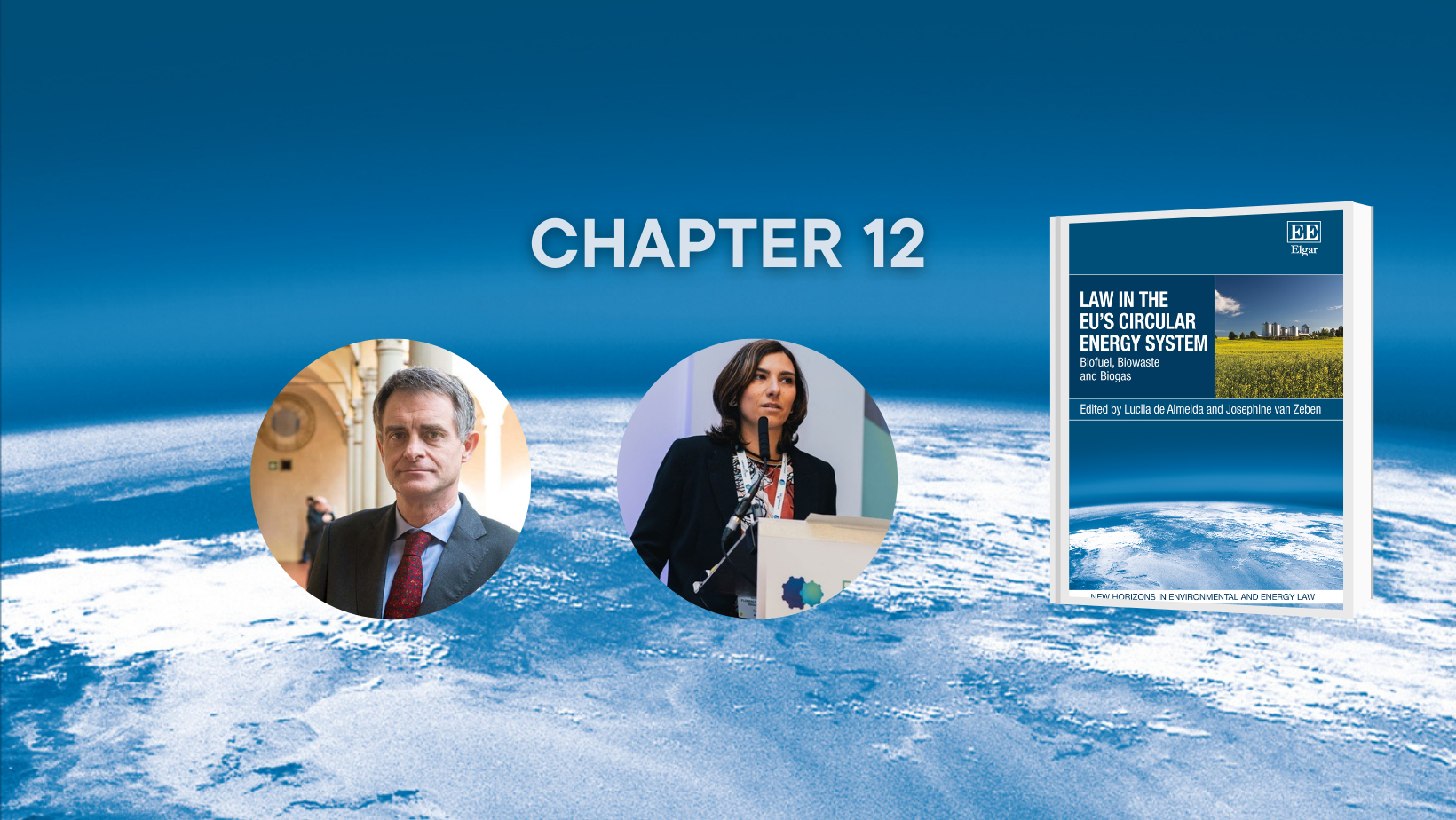
Chapter 12. Renewable support schemes and Guarantees of Origin applied to renewable energy regulation
In the Chapter 12 of the edited book ‘Law in the EU’s Circular Energy System: Biofuel, Biowaste and Biogas‘, Alberto Pototschnig and Ilaria Conti address the Renewable support schemes and Guarantees of Origin applied to renewable energy regulation’. Read the Abstract below: ‘Renewable energies will continue to play a key role in decarbonising the energy … Continued
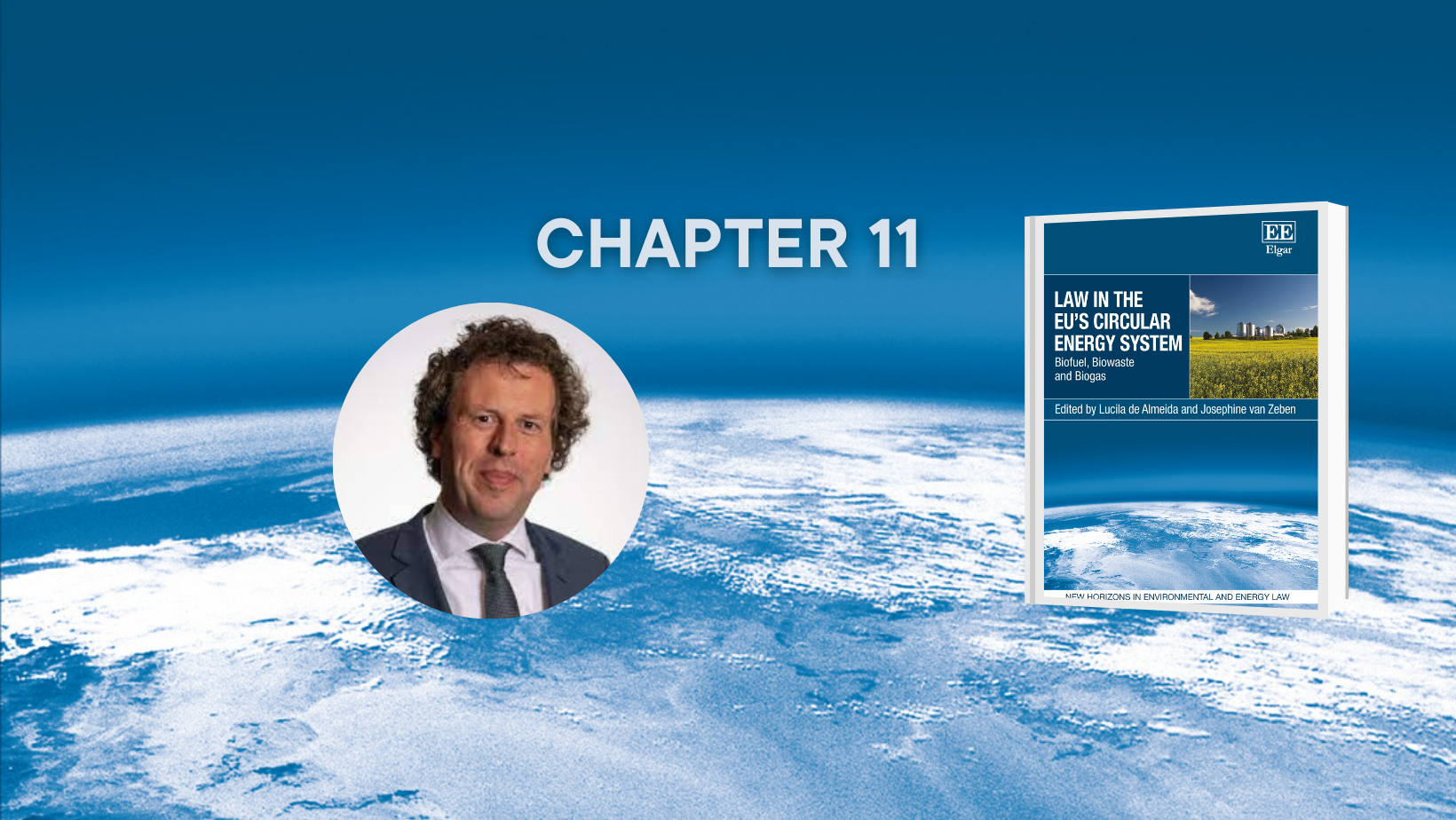
Chapter 11. Energy State Aid
Allard Knook, in the Chapter 11 of the edited book ‘Law in the EU’s Circular Energy System: Biofuel, Biowaste and Biogas‘, addresses Energy State Aid considering various aspects related, namely the relevant political and legislative contexts surrounding the topic. Read the Abstract below: ‘In order to reach the ambitious goals of the Green Deal, State … Continued
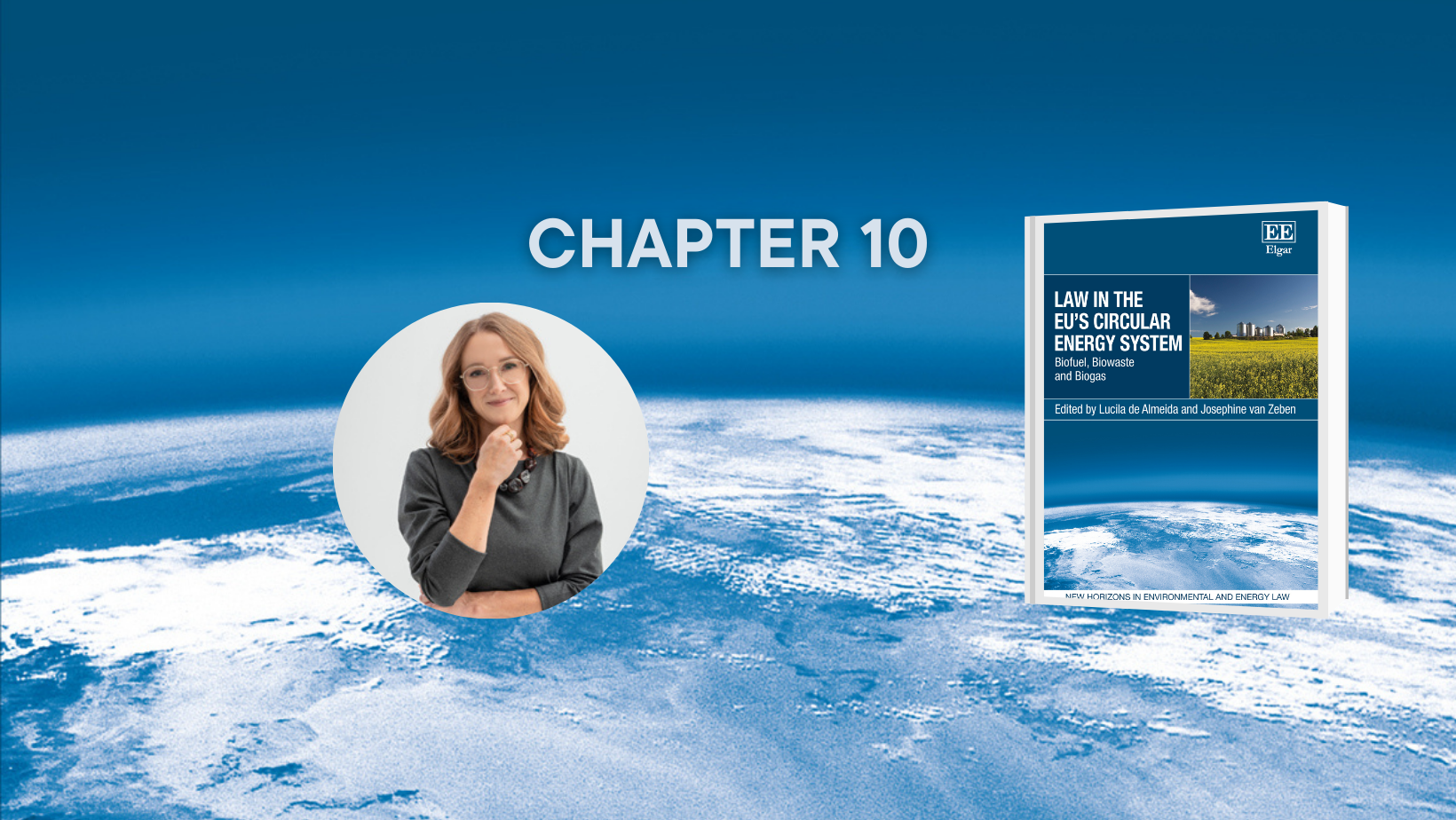
Chapter 10. EU law and policy shaping supranational and national investment in biofuel and biogas transition
In Chapter 10 of the edited book ‘Law in the EU’s Circular Energy System: Biofuel, Biowaste and Biogas‘, Agnieszka Smoleńska talks about ‘EU and policy shaping supranational and national investment in biofuel and biogas transition’ [1]. Read the Abstract below: ‘The chapter analyses how European Union (EU) laws and policies shape the availability of financing … Continued
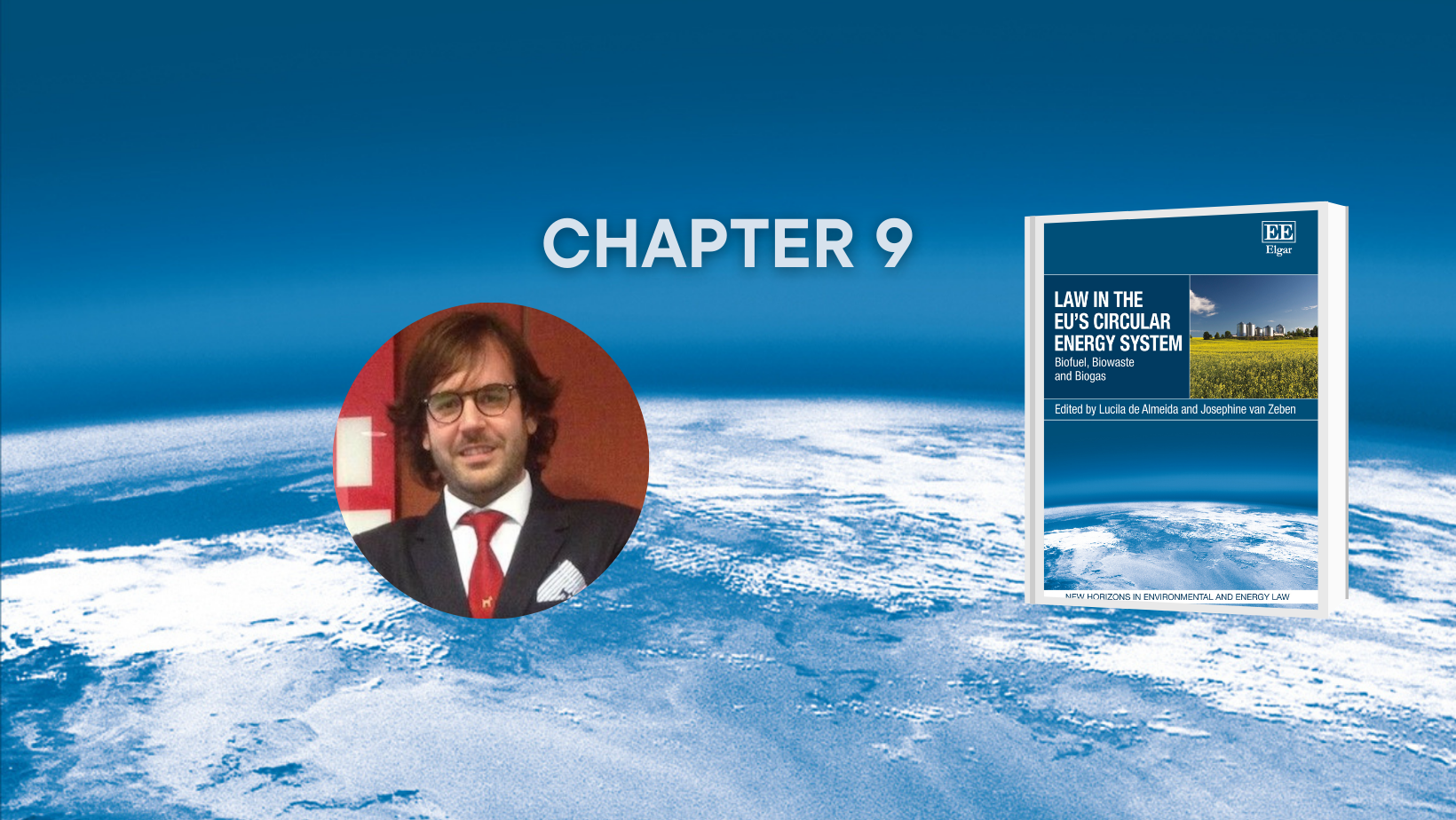
Chapter 9. The Energy Tax Directive reform
Álvaro Antón addresses ‘The Energy Tax Directive reform’ on the first chapter composing Part III of the edited book ‘Law in the EU’s Circular Energy System: Biofuel, Biowaste and Biogas‘, with regards to Cross-Sectoral Issues. Read the Abstract below: ‘The use and development of advanced biofuels will be essential for the transition to a green, … Continued
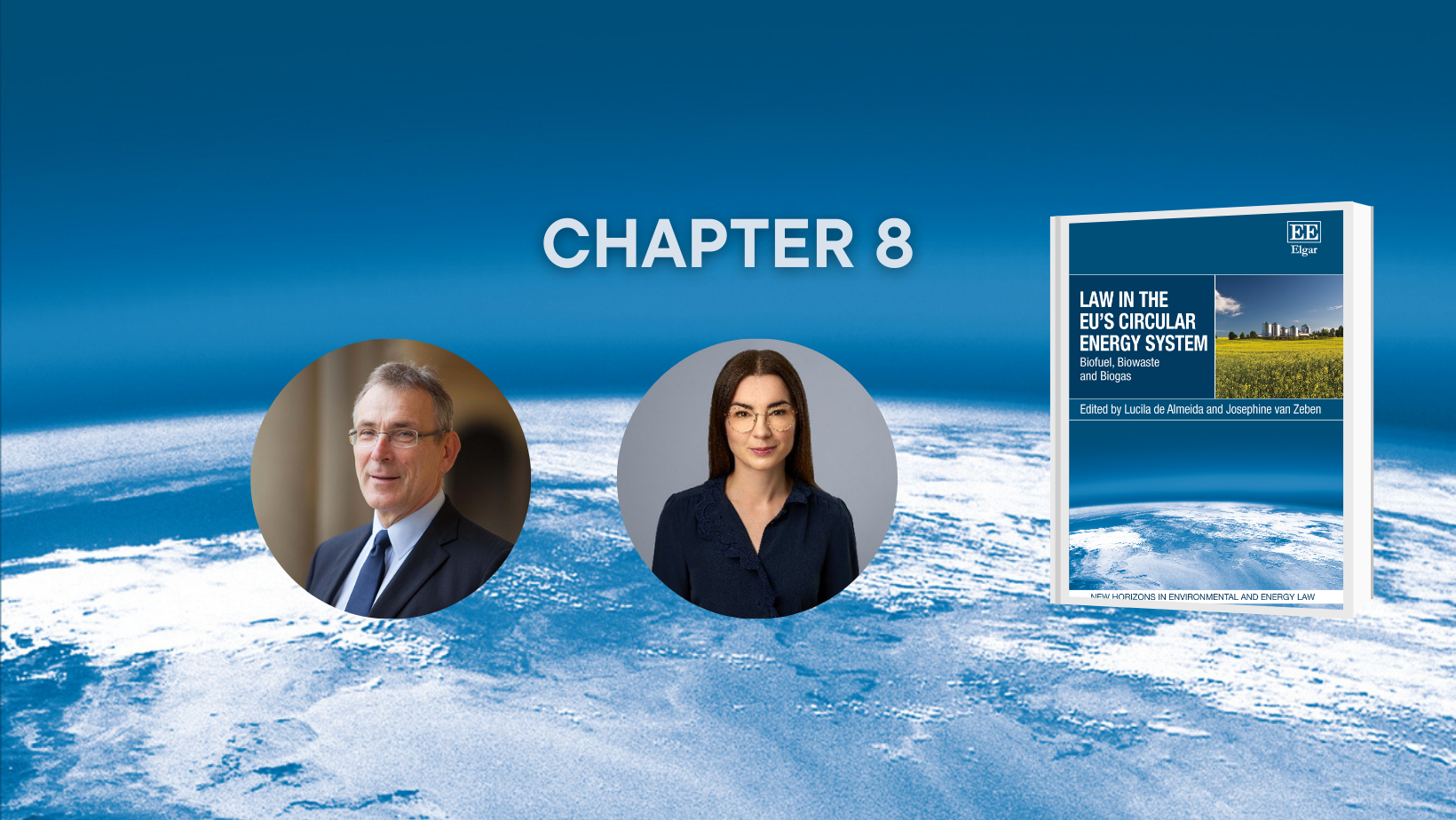
Chapter 8. Methane emission in a circular economy
In Chapter 8 of the edited book ‘Law in the EU’s Circular Energy System: Biofuel, Biowaste and Biogas‘, Maria Olczak and Andris Piebalgs discuss the ‘Methane emission in a circular economy‘, this being the last chapter of Part II. Read the Abstract below: ‘This chapter provides an overview of the European Unions (EU) framework on … Continued

Chapter 7. Sustainable biofuels and gaseous biomass fuels from biowaste in the EU transport sector
Chapter 7 of the edited book ‘Law in the EU’s Circular Energy System: Biofuel, Biowaste and Biogas‘ was written by Piero Carlo dos Reis [1], Phillip Lugmayr, and Benjamin Gomado. Within Part II of the book, it addresses ‘Sustainable biofuels and gaseous biomass fuels from biowaste in the EU transport sector’. Read the Abstract below: … Continued
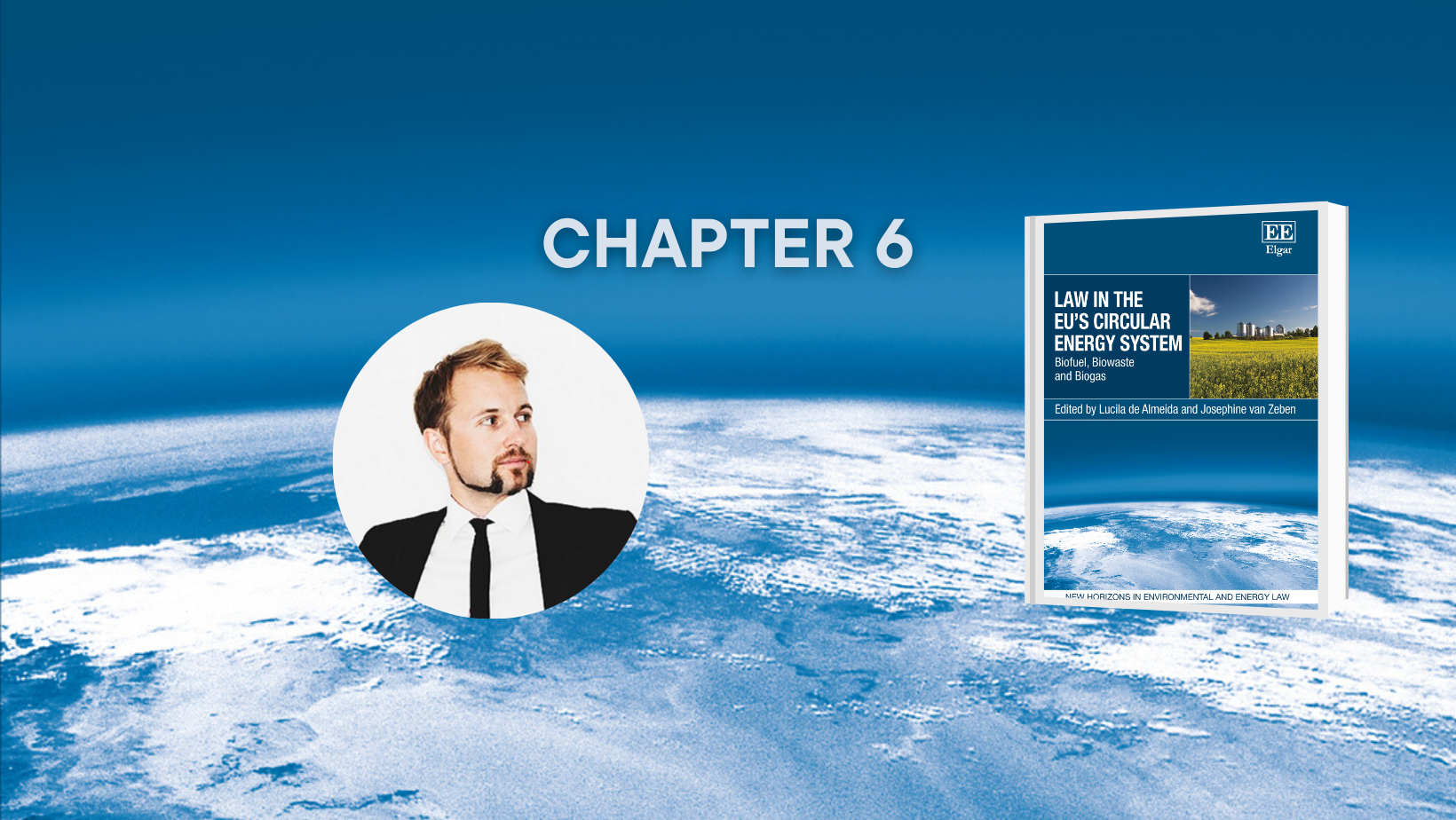
Chapter 6. From gas to biogas from biowaste: heating, power generation, and cogeneration
Chapter 6 of the edited book ‘Law in the EU’s Circular Energy System: Biofuel, Biowaste and Biogas‘, introduces Part II of the published work, inaugurating the theme of ‘The Use of Biofuel and Biogas in the Circular Energy System’. This chapter, written by Maciej M Sokołowski, is entitled ‘From gas to biogas from biowaste: heating, power … Continued
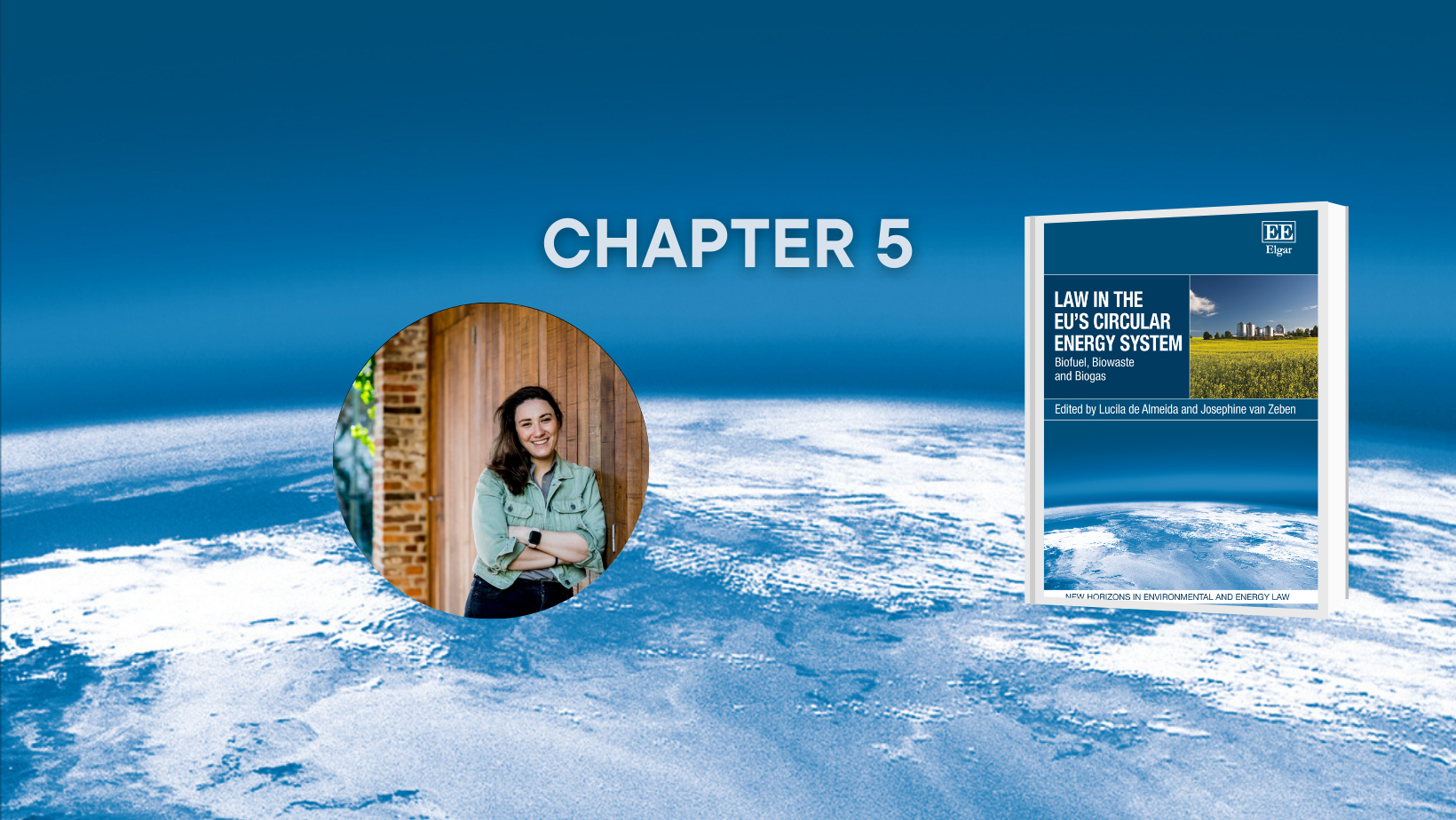
Chapter 5. Forestry waste to biofuel and biogas: law and policy
The 5th and final Chapter of Part I of the edited book ‘Law in the EU’s Circular Energy System: Biofuel, Biowaste and Biogas‘, is entitled ‘Forestry waste to biofuel and biogas: law and policy‘ and was produced by environmental law researcher, Elisa Cavallin. ‘Bioenergy is believed to have a role in meeting the international and … Continued
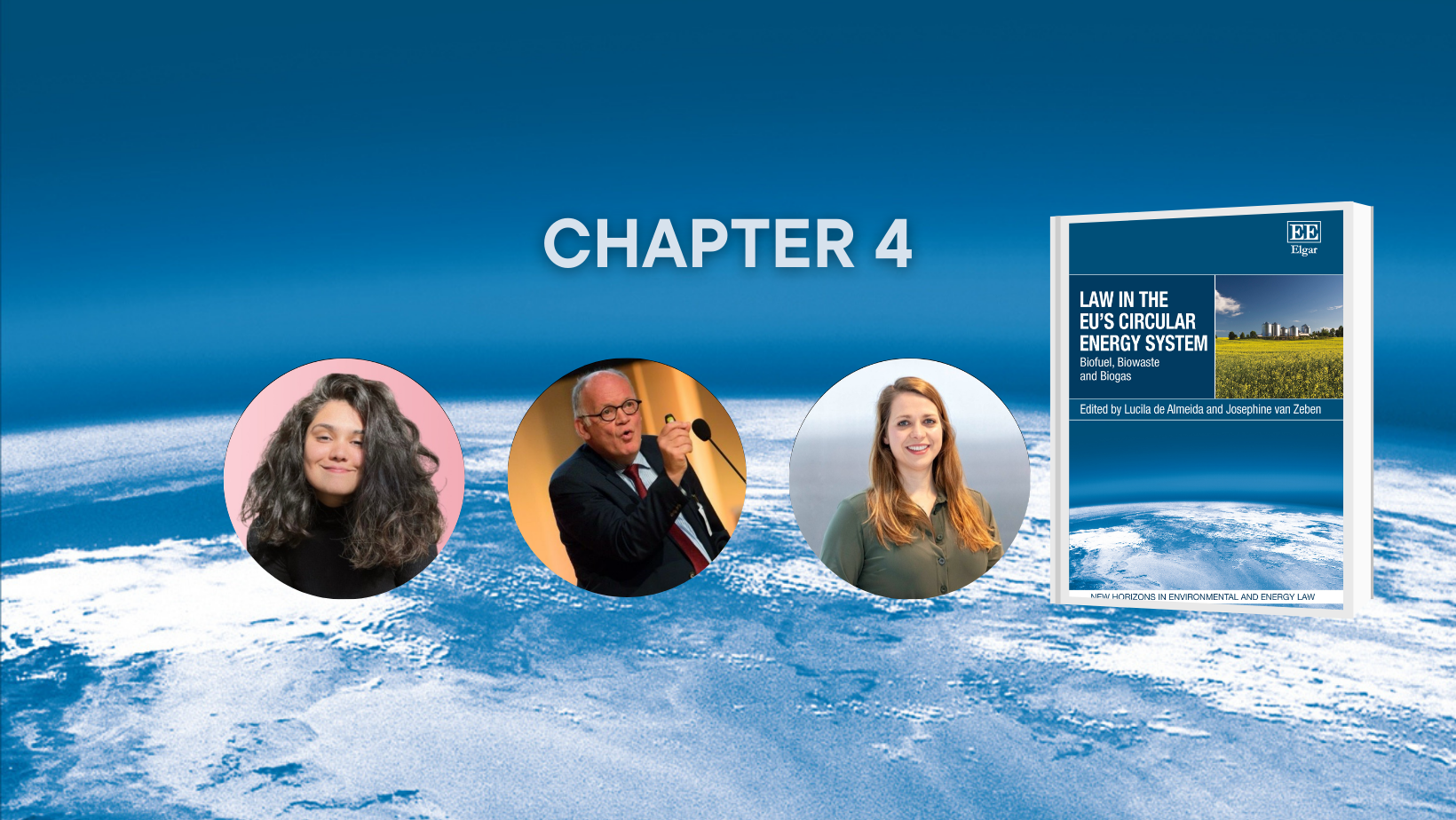
Chapter 4. Food waste to biogas and biofuel: law and policy
In Chapter 4 of the edited book ‘Law in the EU’s Circular Energy System: Biofuel, Biowaste and Biogas‘, the theme of ‘Food waste to biogas and biofuel: law and policy‘ is addressed by Madhura Rao, Aalt Bast, and Alie de Boer. Read the Abstract below: ‘Waste and surplus from various stages of the food supply … Continued
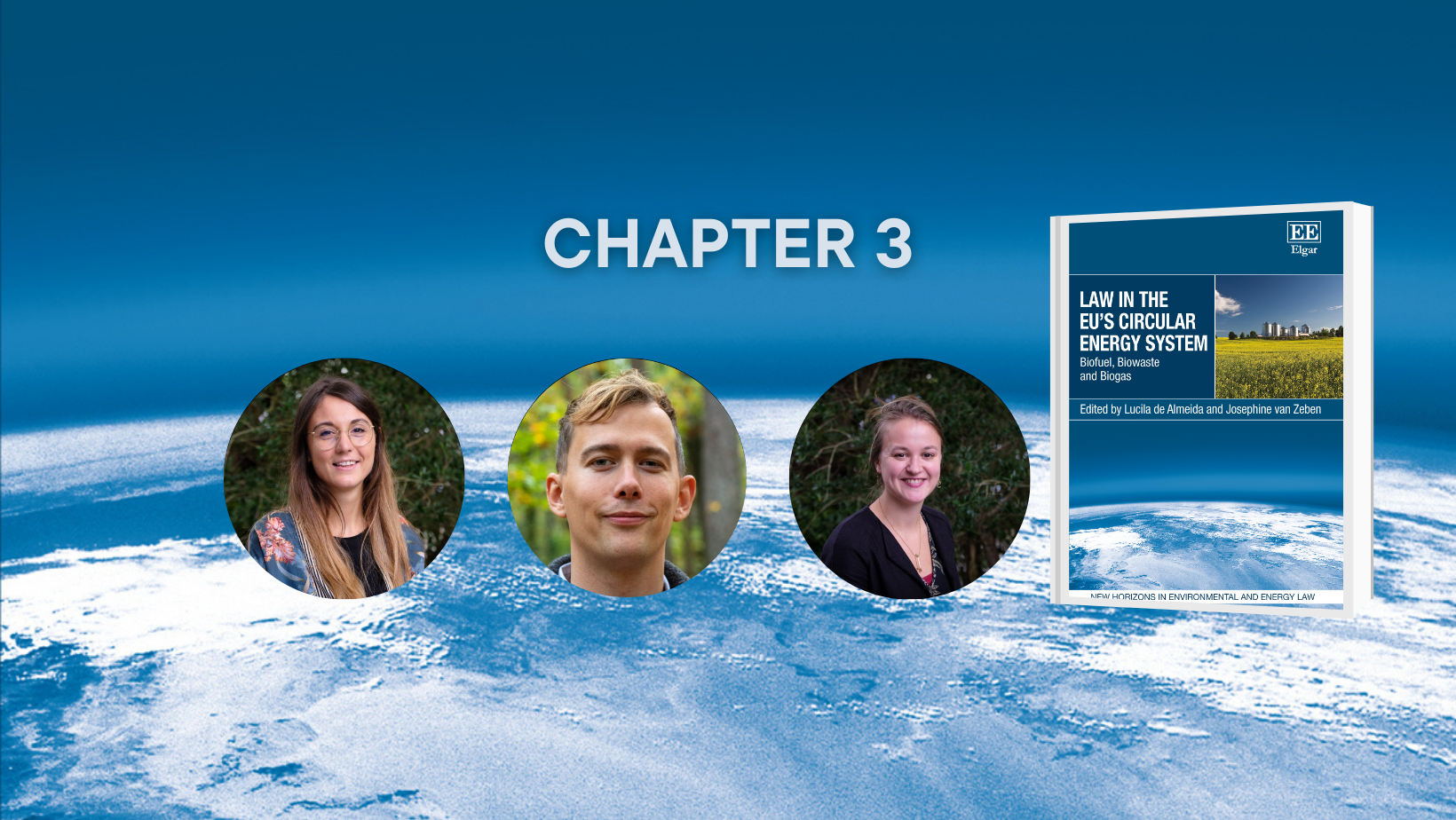
Chapter 3. Agricultural waste to biofuel and biogas: law and policy
In Chapter 3 of the edited book ‘Law in the EU’s Circular Energy System: Biofuel, Biowaste and Biogas‘, three scholars, Mirta Alessandrini, Edwin Alblas, and Lin Batten tackle the topic of ‘Agricultural waste to biofuel and biogas: law and policy‘. Read the Abstract below: ‘The use of arable land for the production of biofuels and … Continued
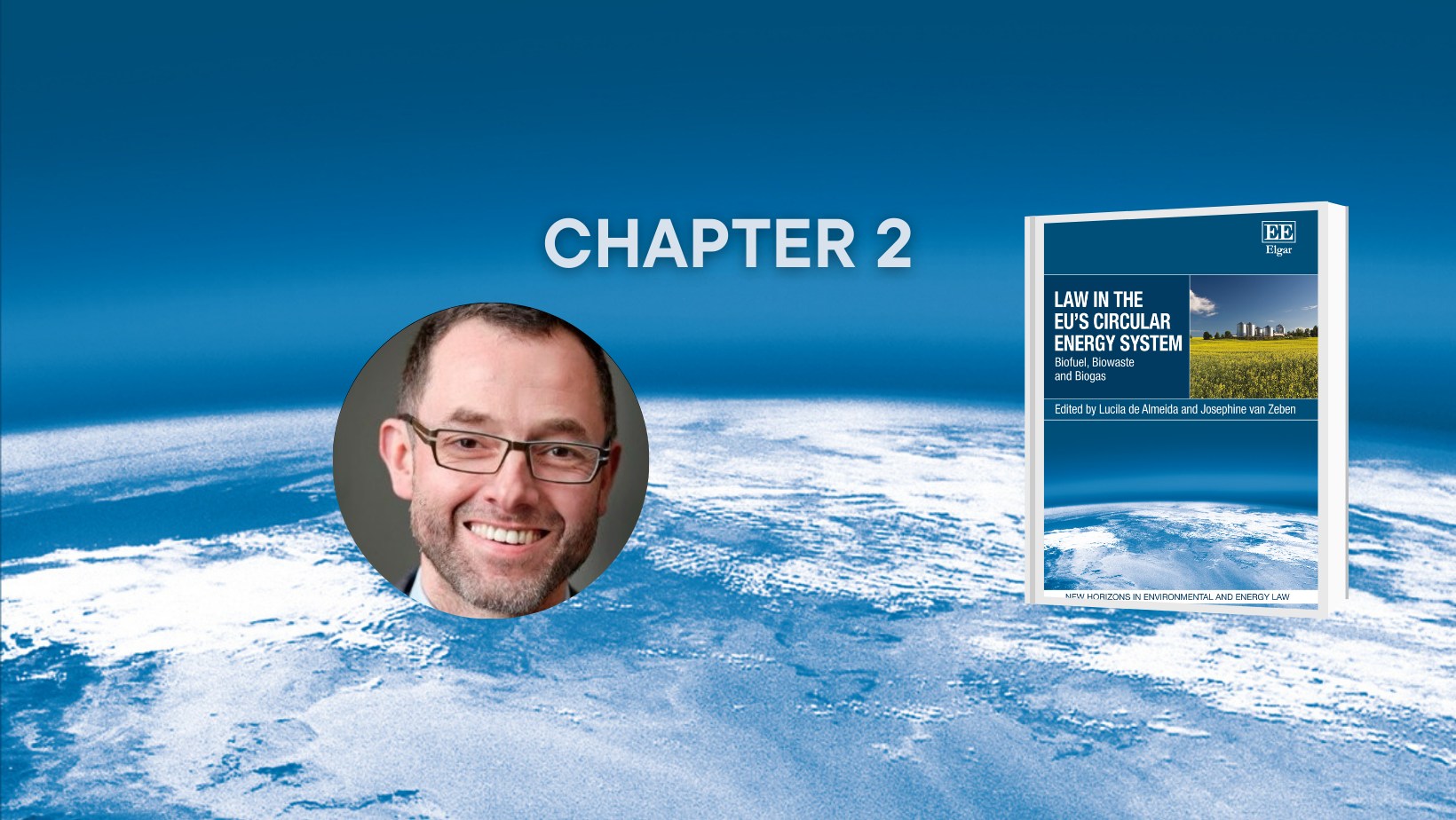
Chapter 2. Waste in the Circular Flow Energy System.
In Chapter 2 of the edited book ‘Law in the EU’s Circular Energy System: Biofuel, Biowaste and Biogas‘ we delve into Part I of this published piece. The topics from Chapter 2 to Chapter 5, are all included in the broader framework that Part I embodies: ‘From waste to Biofuels and Biogas‘. Geert van Calster … Continued
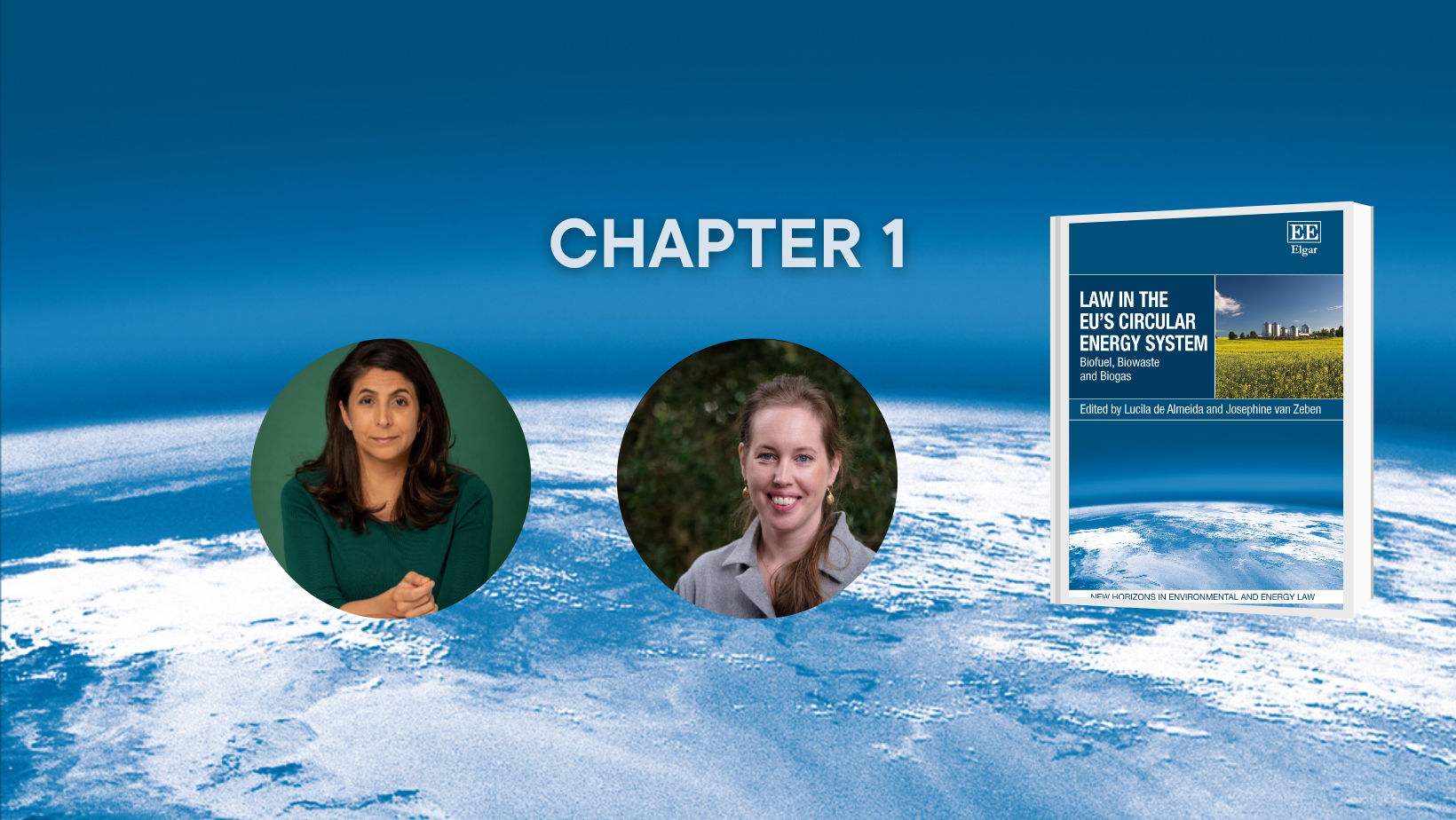
Chapter 1. The EU Circular Energy System and the Green Deal
In chapter 1 of the edited book ¨Law in the EU’s Circular Energy System: Biofuel, Biowaste and Biogas¨, Lucila de Almeida and Josephine van Zeben introduce and contextualize the book project by setting the scene of the regulatory framework of the EU´s circular energy system to channel the production of biogas (biomethane) and biofuel into … Continued
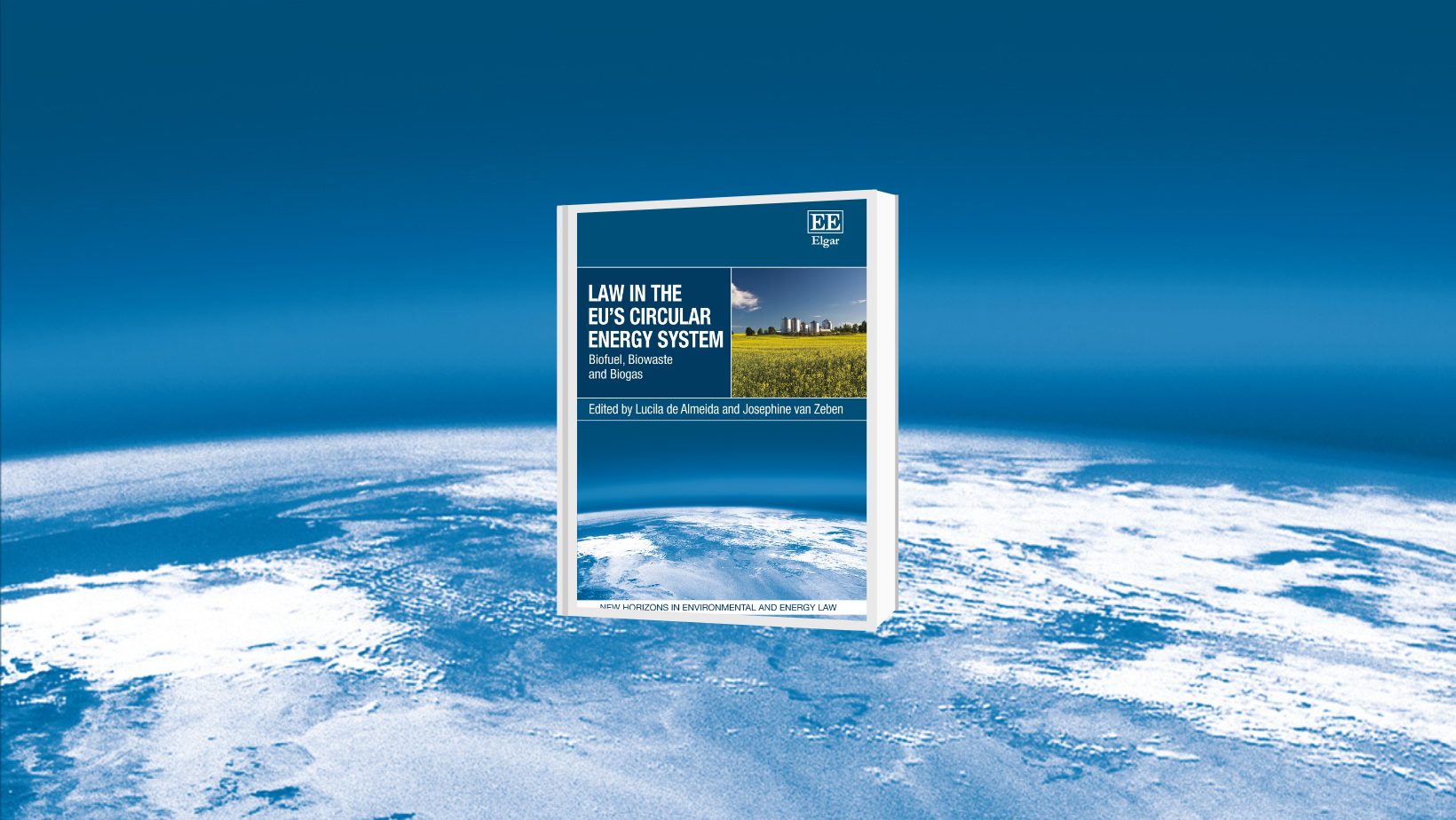
Book Launch: Law in the EU Circular Energy System
Edited by Professor Lucila de Almeida, NOVA Green Lab’s coordinator and Abreu Chair in ESG Impact, and Josephine van Zeben, Professor and Chair of the LAW group at Wageningen University, this book, though extensive critical analysis, identifies multiple areas of law and policy that require further investigation to guarantee the establishment of a sound policy framework, … Continued
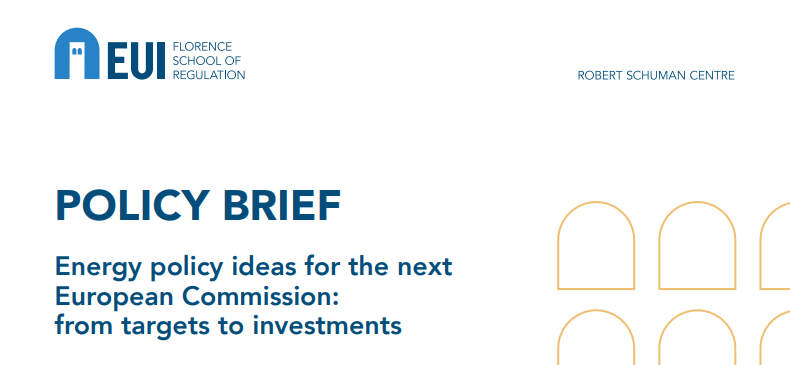
Energy policy ideas for the next European Commission: from targets to investments
BY: Leonardo Meeus, Ilaria Conti, Lucila de Almeida, Jean-Michel Glachant, Leigh Hancher,MÜNCHMEYER Max, Andris Piebalgs, Alberto Pototschnig Energy (and climate) will be high on the agenda of the next European Commission. EU citizens and industry expect a supply of energy that is affordable, secure, and sustainable. The National Energy and Climate Plans suggest that there … Continued

Voluntary Carbon Markets: Necessity of Regulation and Legislation Proposals
1. Introduction: Voluntary Carbon Markets (VCM) are markets where there is the possibility of trading carbon credits in which projects that contribute to reducing or absorbing greenhouse gases (GHG) sell those credits to companies looking to offset their emissions after pressure from stakeholders to act and reach net neutrality in 2050. It is mainly a … Continued

A Legal Analysis of the Revised Environmental Crime Directive: Strengthening Enforcement and Accountability in EU Environmental Law
I. Introduction Owing to its growing prevalence and detrimental effects, the prevention and combat of environmental crime is crucial. Ranked as the fourth-largest criminal activity in value globally [1], environmental crime boasts estimated annual revenues ranging from US$91 billion to US$258 billion in 2016 [1]. Alone, the illicit waste market within the EU generated an … Continued

Do the Portuguese Territorial Just Transition Plans comply with the Just Transition Regulation?
INTRODUCTION In December 2022, all twelve of the Portuguese 2030 Programmes were approved by the Commission. This included a total of 224 million euros from the Just Transition Fund (JTF)[1] divided amongst three Territorial Just Transition Plans (TJTPs), for Matosinhos, Médio Tejo and Alentejo Litoral, included in the Programmes for the North, Center and Alentejo … Continued

Op-Ed EU Law Live: Selling price and returnable packaging: in between (un)solved conflicts and incoherencies (C-543/21 Verband Sozialer Wettbewerb)
Imagine the following situations: a consumer enters a supermarket and purchases drinking water for a selling price of 1 EUR, including value-added tax (VAT). Separately, there is a note that the drinking water is sold in returnable bottles, and the consumer must pay an additional amount of 0,25 EUR as a deposit for the bottle. … Continued

The Inaugural Lecture of the Abreu Chair in ESG Impact: the Environmental, Social and Governance transformations to weather the energy crisis
Today we are gathered in this beautiful auditorium of Abreu Advogados – being under the watchful and attentive gaze of the owls by Bordalo II,[1] to celebrate the inauguration of the Abreu Chair in ESG Impact, the result of a partnership between the NOVA School of Law and the Knowledge Institute powered by Abreu Advogados. … Continued
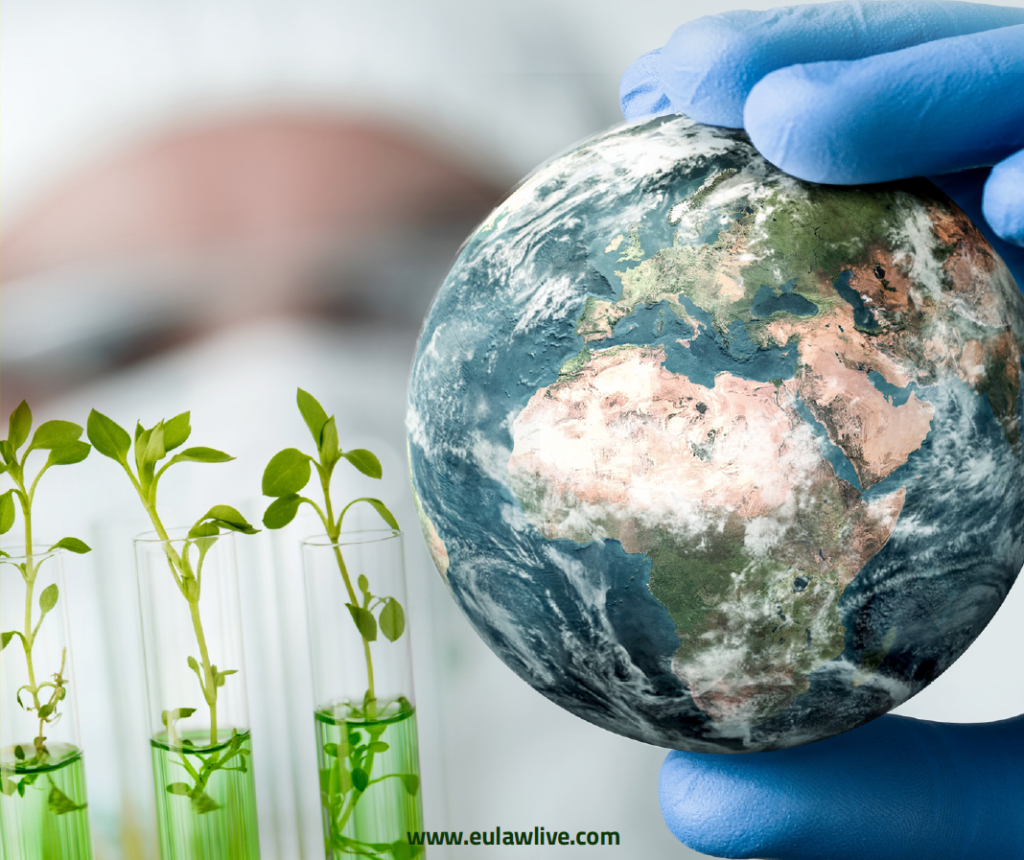
Stress Testing the European Green Deal: the ´securitisation´ of Energy, Food and Climate
Josephine van Zeben, Lucila de Almeida, and Mirta Alessandrini. ‘Stress Testing the European Green Deal’. Weekend EU Law Live Edition 106 (2 July 2022).
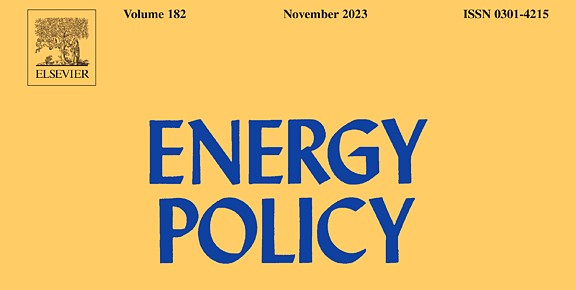
When indicators fail electricity policies: pitfalls of the EU´s retail energy market Barrier Index
Lucila de Almeida, Fabrizio Esposito, and Josephine van Zeben. ‘When Indicators Fail Electricity Policies: Pitfalls of the EU’s Retail Energy Market Barrier Index’. Energy Policy 165 (1 June 2022). https://doi.org/10.1016/j.enpol.2022.112892. Abstract: An important goal of EU energy policy is to ensure energy justice during the green transition. The Commission considers the functioning and competitiveness of the retail energy market … Continued

NOVA Green Lab Yearbook 2021
A presente obra pretende ser um contributo regular para a investigação e desenvolvimento no Direito em matérias de ambiente, sustentabilidade, urbanismo, energia e alterações climáticas. O Anuário do NOVA Green Lab reflete o trabalho desenvolvido pelos membros da comunidade académica e aberto a importantes contributos da parte das profissões jurídicas, bem como de toda a … Continued














